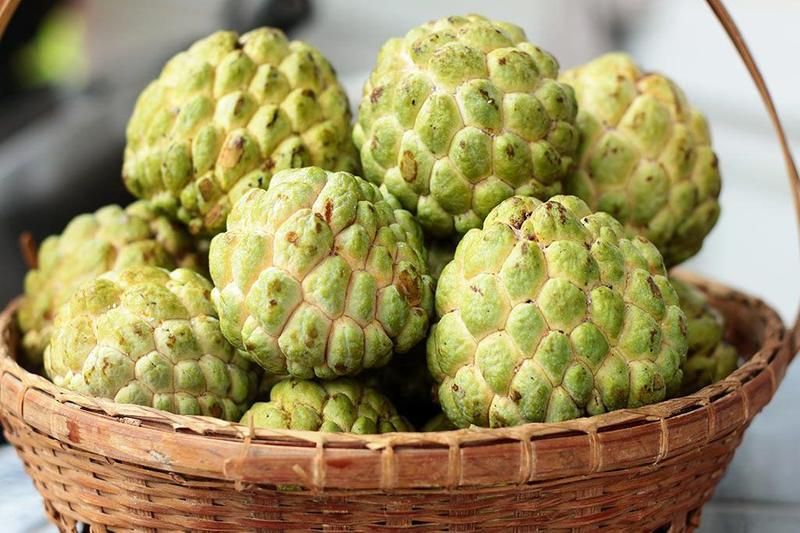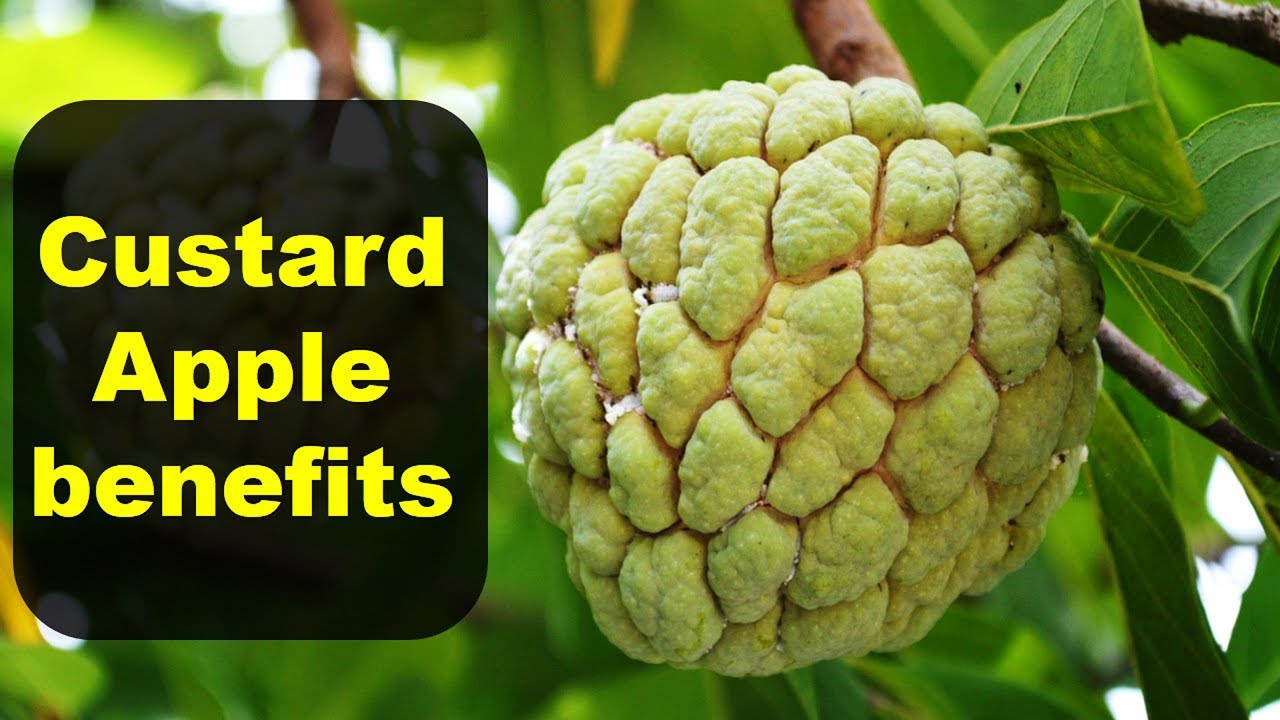12 Reasons to Eat Custard Apple in Winter

Custard apple, also known as sitaphal or sugar apple, is a delightful fruit many enjoy, especially during winter. Packed with nutrients, it satisfies your sweet cravings and offers several health benefits. Below, discover why you should incorporate custard apples into your winter diet.
1. Boosts Immunity
Custard apples are rich in vitamin C, which enhances the body’s immunity. Consuming it in winter can help protect you from seasonal illnesses like colds and flu.
2. Improves Digestion
The high dietary fiber content in custard apple aids in smooth digestion and prevents issues such as constipation, which is common in winter due to reduced water intake.
3. Regulates Blood Sugar
Despite being sweet, custard apple contains natural sugars and low glycemic properties, making it a great fruit for maintaining blood sugar levels in moderation.
4. Enhances Skin Health
Packed with antioxidants and vitamins A and C, custard apple fights free radicals, promotes collagen production, and keeps your skin glowing and hydrated during the dry winter months.
5. Promotes Heart Health
Potassium and magnesium in custard apple help regulate blood pressure and maintain a healthy heart by reducing the risk of cardiovascular diseases.
6. Provides Natural Energy
Custard apples are a rich source of carbohydrates and natural sugars, offering an instant energy boost to keep you active during the chilly season.
7. Supports Bone Strength
High levels of calcium, magnesium, and phosphorus make custard apple beneficial for improving bone density and preventing joint pain in winter.
8. Reduces Inflammation
Custard apple has anti-inflammatory properties, helping to relieve joint pain and swelling often exacerbated by cold weather.
9. Boosts Brain Function
The fruit contains essential nutrients such as vitamin B6, which improves cognitive function and mood, especially during the winter months when people may experience seasonal mood swings.
10. Aids in Weight Management
Custard apple is low in fat and provides a feeling of fullness, making it an excellent snack for those trying to maintain a healthy weight during winter.
11. Strengthens Hair Health
Vitamin C, iron, and other nutrients in custard apple promote scalp health and reduce hair fall caused by the winter’s harsh weather conditions.
12. Enhances Vision
Rich in vitamin A and carotenoids, custard apple helps maintain eye health and reduces the risk of age-related vision problems.
FAQs About Eating Custard Apple in Winter
1. Can custard apple be eaten daily in winter?
Yes, it can be consumed daily in moderation. Its rich nutrient profile supports overall health and well-being.
2. Does custard apple cause weight gain?
No, custard apple is low in fat and high in fiber, making it suitable for weight management when eaten in moderation.
3. Is custard apple safe for diabetics?
Custard apple has a low glycemic index, making it safe for diabetics in controlled portions. Always consult your doctor before adding it to your diet.
4. How can I store custard apples during winter?
Custard apples can be stored at room temperature until they ripen. Once ripe, refrigerate them to keep fresh for up to 3 days.
5. Are custard apple seeds edible?
No, custard apple seeds are not edible and can be toxic if consumed. Always discard the seeds.
6. Can children eat custard apple?
Yes, custard apple is a nutritious fruit that is safe and beneficial for children when eaten in moderation.
7. What is the best way to eat custard apple?
You can eat custard apple raw by scooping out the pulp or use it in smoothies, desserts, or fruit salads.
8. Does custard apple cause cold or cough?
Custard apple does not directly cause cold or cough. However, consuming it in excess or when it is not fully ripe might lead to throat irritation.



